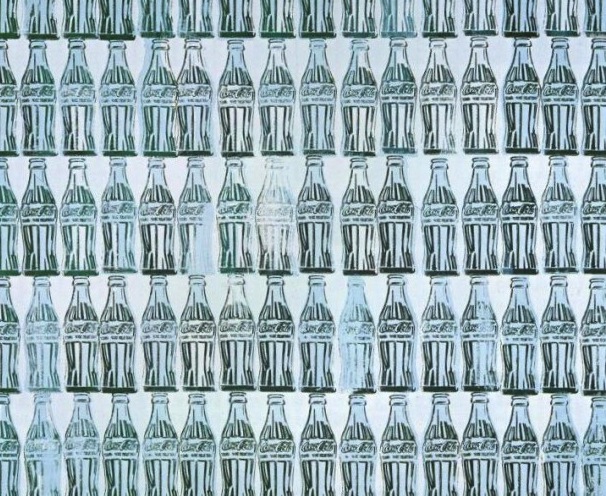There’s too much of everything
 From The Nation, I loved the interpolation of the subscription pitch just where it counted, for maximum amusement:
From The Nation, I loved the interpolation of the subscription pitch just where it counted, for maximum amusement:
“The problem is, like many theories, this one has a hard time explaining how, in the midst of a revolution in the modes of cultural production, people are going to keep themselves in cat food, if you catch my drift . . . in a media environment that is still largely bound up with gatekeepers. Your WordPress blog is just never going to have the cachet of even a guest-blogging stint at The Atlantic. And one still, generally, needs the anointment of a record company in order to get the kind of press and, hell, capital investment, that it takes to make one’s first albums a success. And it sure helps to have three seasons of your TV show already produced and available for years on DVD to build the kind of audience who will gladly donate millions to keep you going.
Please support our journalism. Get a digital subscription for just $9.50!
Therein lies the rub: In this sort of hybrid environment, where we still have gatekeepers, creators still need to leverage themselves with existing brands in order to break into the conversation. And even businesspeople who dedicate themselves to the arts are obviously capitalists. Sure, on one side, certain aspects of the Internet—piracy, yes, but also sheer volume of stuff to look at and listen to—are putting pressure on profits. But on the other side, in an atmosphere of growing noise, artists still need these businesspeople to give them legitimacy in the early stages of their careers, to float them reputational capital. That is why you see places like The Atlantic, a profitable institution, kick up only a minor fuss when it fails to pay people. Journalists still need the legitimacy The Atlantic can confer to stand out. And that is no doubt how the people who own profitable arts-related businesses justify their free-labor practices to themselves.”
This was in response to a TED talk by Amanda Palmer, a video of which is accompanied by this commentary:
Don’t make people pay for music, says Amanda Palmer: Let them. In a passionate talk that begins in her days as a street performer (drop a dollar in the hat for the Eight-Foot Bride!), she examines the new relationship between artist and fan. Alt-rock icon Amanda Palmer believes we shouldn’t fight the fact that digital content is freely shareable — and suggests that artists can and should be directly supported by fans.
Comments are currently closed.